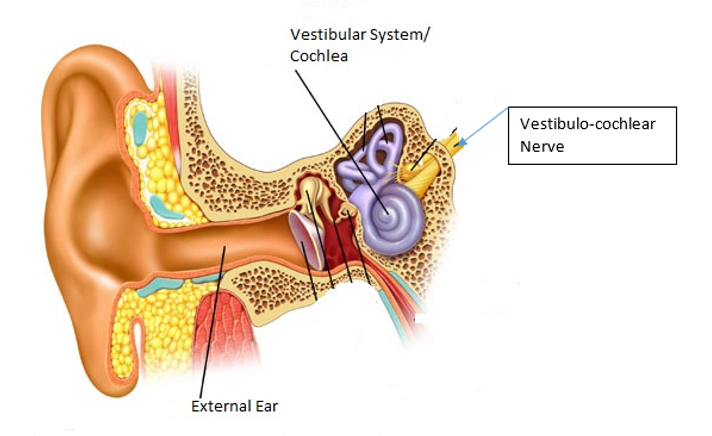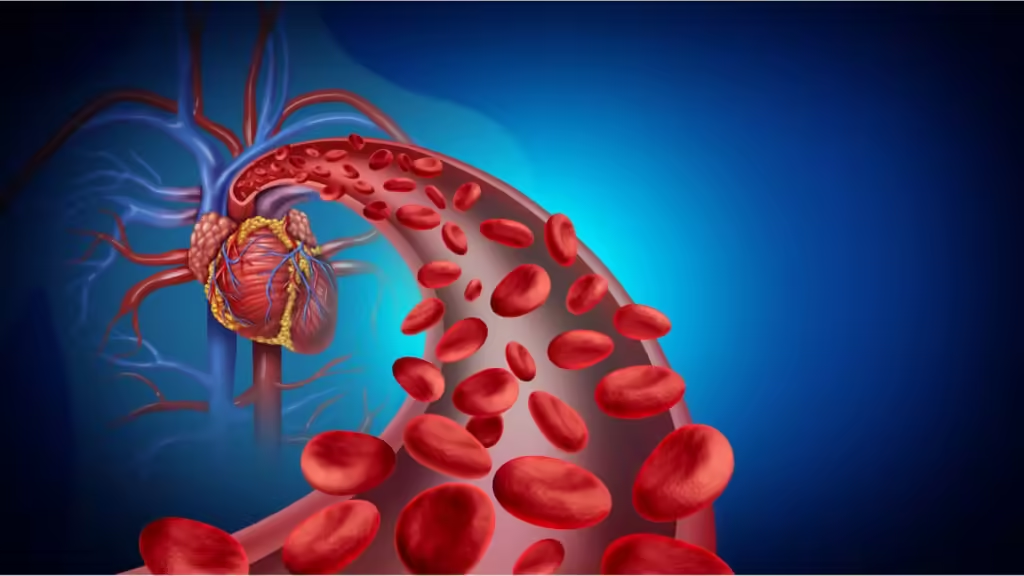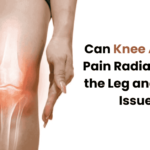Dizziness can be unsettling, especially when it occurs unexpectedly. While it is often associated with inner ear issues or low blood pressure, a lesser-known cause is a pinched nerve. If you’ve ever wondered, “Can a pinched nerve cause dizziness?” the answer is yes, it can. Understanding how pinched nerves contribute to dizziness, vertigo, or lightheadedness is key to addressing the problem effectively.
What Is a Pinched Nerve?
A pinched nerve occurs when excessive pressure is applied to a nerve by surrounding tissues, such as bones, cartilage, muscles, or tendons. This pressure can disrupt the nerve’s normal function, leading to pain, tingling, numbness, or other symptoms, including dizziness.
How Can a Pinched Nerve Cause Dizziness?
Dizziness caused by a pinched nerve is often related to the location of the affected nerve and its role in the body. Here are the primary ways a pinched nerve can lead to dizziness:
1. Nerve Compression in the Neck (Cervical Spine)

- A pinched nerve in the cervical spine can disrupt signals between the brain and body, causing symptoms like dizziness or vertigo.
- For example, compression of the C1 and C2 vertebrae (the upper neck) is a common cause of dizziness and balance problems.
2. Vestibular System Impact

- The vestibular system, which controls balance, can be indirectly affected by a pinched nerve, especially if the cervical spine is involved.
- This disruption may lead to symptoms such as lightheadedness or a spinning sensation (vertigo).
3. Blood Flow Restriction

Nerve compression in the neck or back can restrict blood flow to the brain, contributing to dizziness and fainting-like sensations.
Common Symptoms of Dizziness from a Pinched Nerve
If a pinched nerve is causing your dizziness, you may experience additional symptoms, such as:
- Neck Pain: Stiffness or sharp pain in the neck is common if the issue originates in the cervical spine.
- Headaches: A pinched nerve in the neck can trigger headaches, often accompanied by dizziness.
- Nausea: Dizziness from a pinched nerve may lead to nausea, similar to motion sickness.
- Vertigo: A spinning sensation that can affect balance and coordination.
- Tingling or Numbness: Sensations in the arms, hands, or shoulders often indicate nerve compression.
Can a Pinched Nerve Cause Vertigo?
Yes, a pinched nerve can cause vertigo, particularly when it affects the upper cervical spine or disrupts the vestibular system. Vertigo is characterized by a spinning or whirling sensation that may worsen with sudden head movements.
Pinched Nerve Locations and Their Effects on Dizziness
1. Neck (Cervical Spine)
- Symptoms: Dizziness, vertigo, headaches, and balance issues.
- Cause: Compression of nerves near the C1-C7 vertebrae.
2. Shoulder
- Can a Pinched Nerve in the Shoulder Cause Dizziness?
- Yes, especially if nerve compression affects signals between the brain and body.
3. Back (Thoracic or Lumbar Spine)
- Can a Pinched Nerve in the Back Cause Dizziness?
- Rare but possible, particularly if the nerve affects posture and balance.
How to Diagnose Dizziness from a Pinched Nerve
Accurate diagnosis is critical for effective treatment. Your healthcare provider may use the following methods:
- Physical Exam: Evaluates posture, range of motion, and symptoms.
- Imaging Tests: X-rays, MRIs, or CT scans can identify nerve compression.
- Nerve Conduction Studies: Measures electrical impulses in nerves to pinpoint the issue.
Treatment Options for Dizziness Caused by a Pinched Nerve
1. Physical Therapy
- Strengthening and stretching exercises can relieve nerve compression and improve posture.
2. Medications
- Pain Relievers: NSAIDs like ibuprofen reduce inflammation.
- Muscle Relaxants: Help alleviate muscle tension contributing to nerve pressure.
3. Chiropractic Care
- Realigning the spine can relieve nerve compression and reduce dizziness.
4. Lifestyle Adjustments
- Ergonomics: Use proper posture while sitting or working to reduce strain on the neck and back.
- Stress Management: Stress can exacerbate muscle tension, worsening symptoms.
5. Alternative Therapies
- Acupuncture: Targets nerve pain and improves blood flow.
- Massage Therapy: Reduces muscle tension around the affected area.
Preventing Dizziness from a Pinched Nerve
While it’s not always possible to prevent pinched nerves, these tips can help reduce your risk:
- Maintain Good Posture: Avoid slouching to reduce strain on your cervical spine.
- Stay Active: Regular exercise strengthens muscles and supports spinal health.
- Take Breaks: Avoid sitting or standing in one position for extended periods.
- Use Ergonomic Support: Chairs, desks, and pillows designed for proper alignment can minimize nerve compression.
- Manage Weight: Maintaining a healthy weight reduces pressure on the spine and nerves.
When to See a Doctor
Consult a healthcare professional if you experience:
- Persistent or worsening dizziness.
- Severe pain in the neck, shoulder, or back.
- Difficulty balancing or coordinating movements.
- Nausea or headaches that don’t improve with treatment.
FAQs About Pinched Nerves and Dizziness
1. Can a Pinched Nerve in the Neck Cause Dizziness?
Yes, a pinched nerve in the neck, particularly in the cervical spine, can lead to dizziness and balance issues.
2. Does a Pinched Nerve Cause Lightheadedness?
Yes, nerve compression may restrict blood flow, causing lightheadedness.
3. Can a Pinched Nerve Cause Vertigo?
Yes, nerve irritation in the neck can disrupt signals to the vestibular system, leading to vertigo.
4. How Long Does Dizziness from a Pinched Nerve Last?
Duration varies based on the severity of the nerve compression and treatment effectiveness.
Conclusion
A pinched nerve can indeed cause dizziness, vertigo, and related symptoms, especially when the cervical spine or surrounding areas are involved. By understanding the connection between nerve compression and dizziness, you can seek appropriate treatment and make lifestyle changes to alleviate discomfort.
If you experience persistent or severe dizziness, consult a healthcare provider for a proper diagnosis and treatment plan. Early intervention can help you manage symptoms effectively and restore your quality of life.
Disclaimer: The content on Wellness Derive is for informational purposes only and not a substitute for professional medical advice, diagnosis, or treatment. Always consult a healthcare provider for medical concerns.



